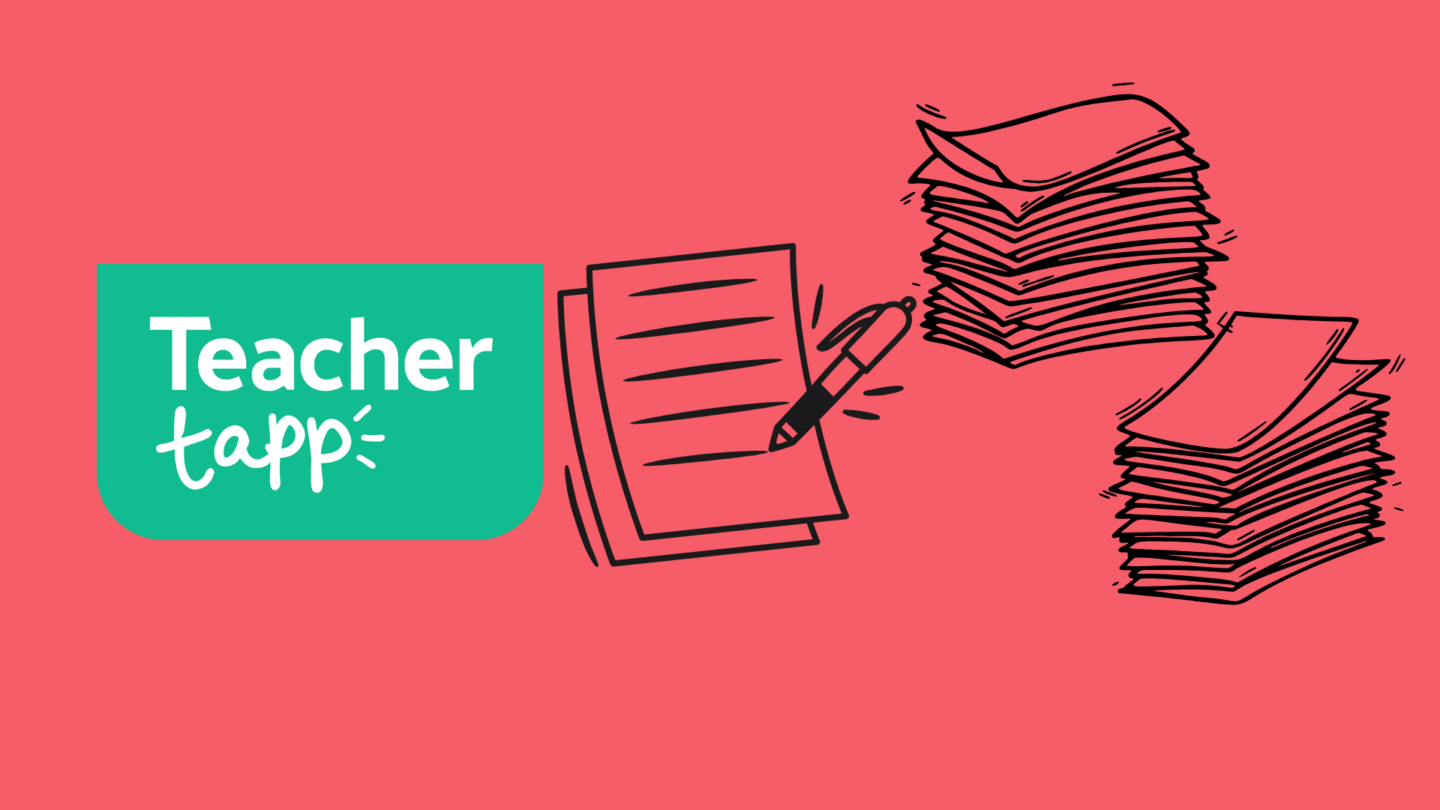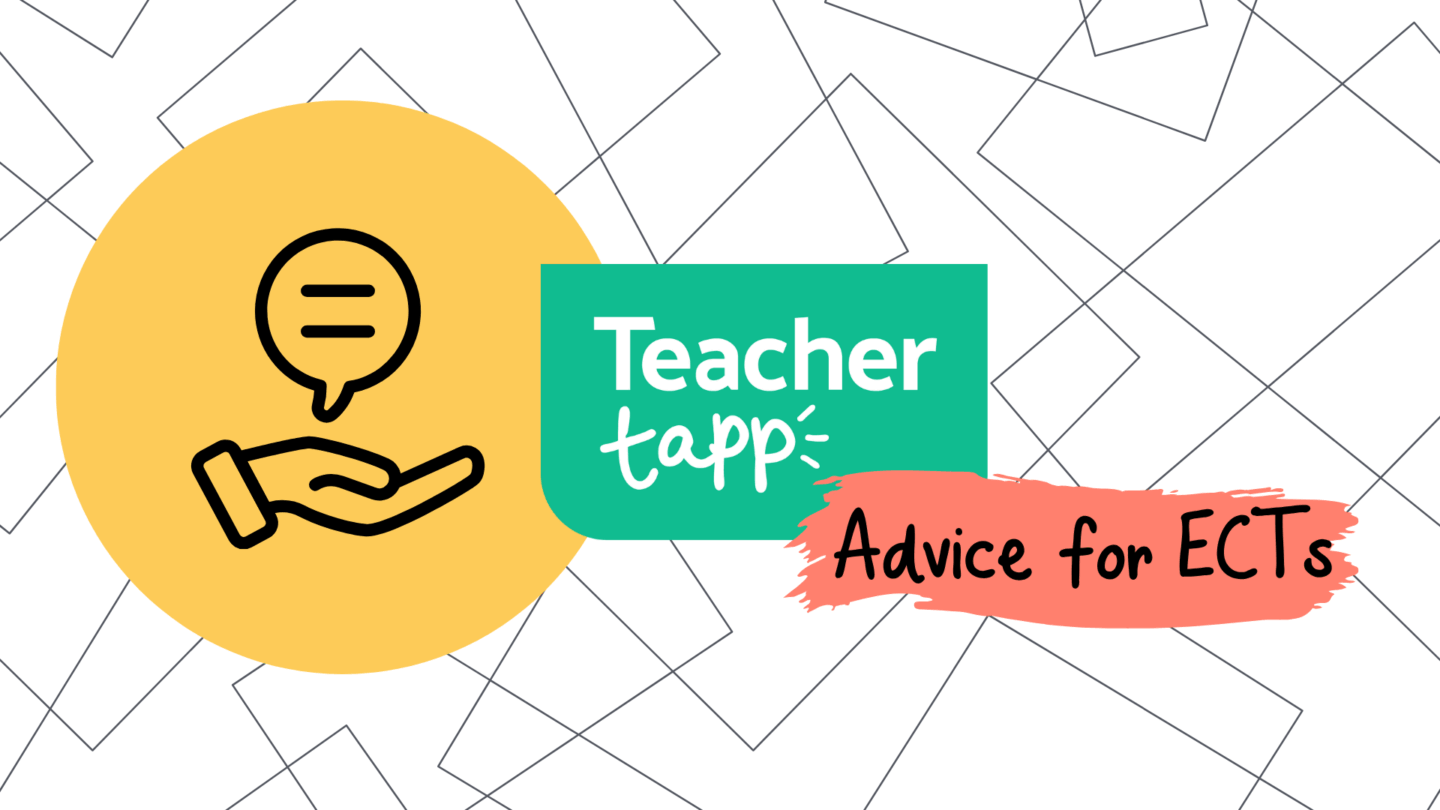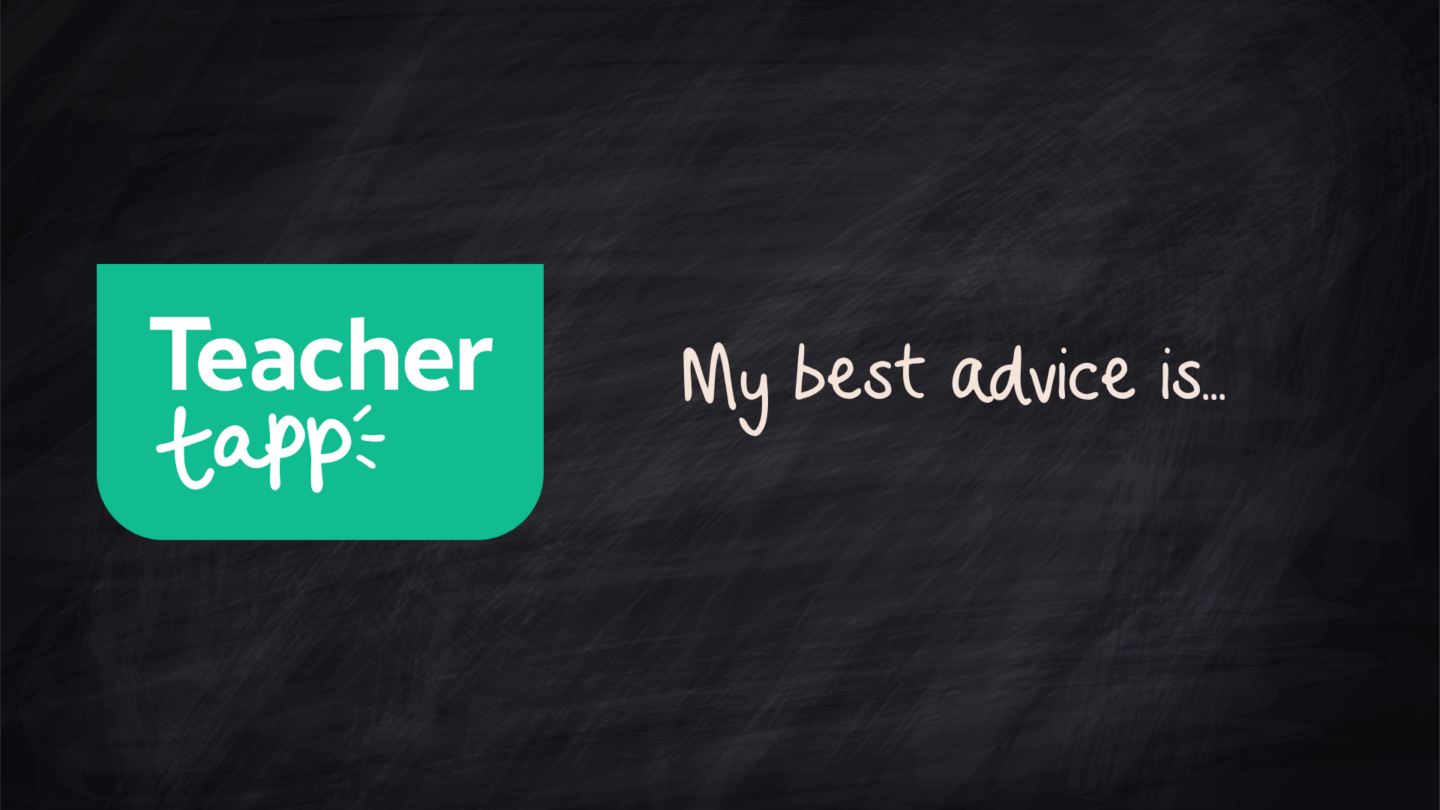Teachers sometimes find it hard to know what is being learnt in the classroom. But getting feedback on home learning is especially hard during lockdown. To help, we are excited to announce that we’ve teamed up with the Education Endowment Foundation to run a parental survey of lockdown learning in primary schools.
If you work in a (state mainstream) primary school, this is a unique opportunity to get your parents involved in some research and find out how things are going for them. It is super-easy for parents to participate, and they get the opportunity to win Chromebooks and vouchers to thank them for their time. Find out more here.
We’ve chosen to work with parents of primary-aged children because we think they are in a great position to tell us how learning is going. Those of you who are live-streaming to younger children will know how often they are loitering beside your students, listening to your lessons! As the responses below show, even junior-aged children are likely to be getting parental support each day.

Lockdown fatigue?
Have you started dreaming about sitting in a pub? Or watching your favourite band? Or meeting up with a friend? This lockdown feels particularly tough – it’s cold, staying inside isn’t novel anymore, we’ve finished watching all the good shows on Netflix.
And we can’t help noticing how many people are out and about. Indeed, compared to last April, you are less likely to be trying hard to avoid other people because you don’t want to get COVID-19. Perhaps you know you’ve had it, or feel you are young and healthy and like to survive an infection?

Despite this, you are still just as worried about someone you love getting COVID-19 as you were at the start of the pandemic.

Perhaps taking less care to avoid people is a coping mechanism for some. The majority of you now report that the pandemic has had a negative impact on your psychological health (the green lines locks below). Any ideas for improving this?

Zooming during dry January?
We were somewhat surprised to find that the level of drinking alcohol has FALLEN during this lockdown, compared to last April. Then we remembered it was DRY January for some!

Another reason why you might be drinking less than last April is that you are working a lot more. During the first lockdown, schools slid into the Easter holidays after the first week (although the school site remained open for eligible children). At this time, most state school teachers were also not live-streaming lessons. This month, most teachers have told us they are live-streaming at least some lessons. As a result, 51% of you say you are currently working long hours than you would be in ‘normal’ circumstances (the purple blocks). Compared to last year, this is a big difference!

Checking-in on students
Amongst the things you are far more likely to be doing during this lockdown is running daily (or twice daily) registration sessions. During the first lockdown, 85% of primary teachers and 78% of secondary teachers said they had no daily registration system. This time round, about 6-in-10 primaries and three-quarters of secondaries are running registration, most often via an online platform.

Teachers who are able to collaborate with subject colleagues say it is a great way to reduce workload. However, 78% of secondary teachers are setting and marking work for their own classes, without collaboration. This is far higher than during the first lockdown, when many said they had collaborated on the setting of work.
Some teachers commented that this was likely due to the constraints of live-streaming lessons. However, even for those who said they had not live-streamed a single lesson in a week, 82% said they were setting work entirely alone.

And finally, a primary teacher got in touch to ask whether primaries were scheduling work across all the National Curriculum subjects during lockdown. It seems not. So far, about half of primaries haven’t set any D&T work. Large numbers have also drop music, computing and languages. We guess that lockdown is helping students rapidly learn a great deal about computers, even if it isn’t exactly what is on the primary computing curriculum!






